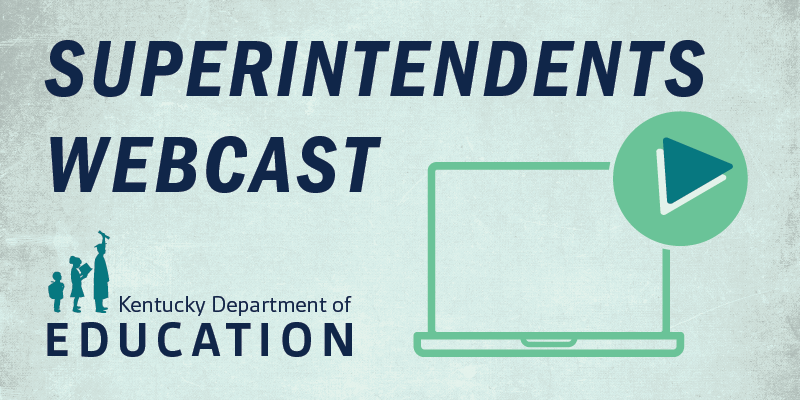Increase your mathematical knowledge for teaching to positively impact student learning by participating in the Kentucky Math Academy.
This Kentucky Department of Education (KDE) sponsored professional learning will focus on:
- Kentucky Academic Standards, including the students’ standards for mathematical practices;
- Shifts in the mathematics standards: focus, coherence and rigor (conceptual understanding, procedural fluency and application); and
- Effective teaching practices for mathematics (Principles to Actions, National Council of Teachers of Mathematics 2014).
The facilitators for these sessions will be Erin Chavez, Krista Hall and Robin Hill, who all are mathematics consultants at KDE. Please click here to complete a brief survey and register for the training. Shortly after you register, you will get an email with the Skype for Business link. You also will get reminders that you have registered for a virtual learning sessions.
The virtual meetings are scheduled for:
- April 20, 4:30 p.m. ET with Anne Burgunder, who is the lead consultant for the Kentucky Center for Mathematics’ content coaching professional learning series.
- May 18, 7:30 p.m. ET with Andrew Stadel, who is a classroom teacher and creator of Estimation 180.
Highlights from prior Kentucky Math Academy sessions include:
- Steve Leinwand – a well-known researcher, coach, teacher, change agent and lead writer of Principles to Actions – joined Kentucky educators during the March 16 training session to discuss the importance of questions in order to engage students in discourse and elicit their understanding.
- The March 2 session featured Graham Fletcher, teacher, blogger and active learner. He continued working with educators on Practice 2, implementing tasks that promote reasoning and problem solving; and Practice 4, facilitating meaningful mathematical discourse, using work from Margaret “Peg” Smith and Mary Kay Stein. This session is in two parts.
- The session on Feb. 16 focused on Practice 1, establishing mathematics goals to focus learning; and Practice 2, implementing tasks that promote reasoning and problem solving using a 3 ACT task.
- The Feb. 2 session provided an overview of the effective mathematics teaching practices from “Principles to Actions Ensuring Mathematical Success for All.”




Leave A Comment